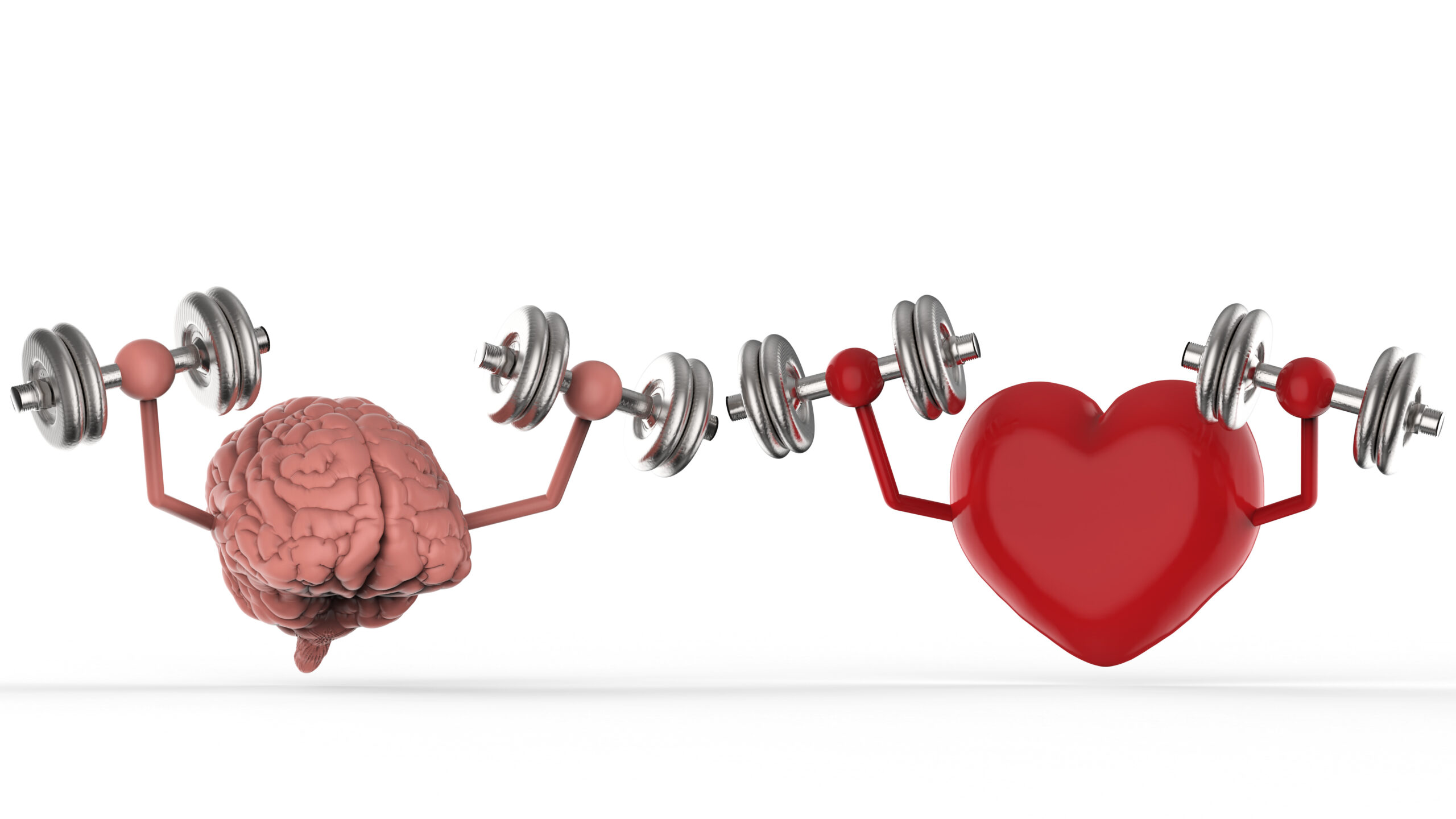Physical Activity Reduces Brain Stress Activity To Lower Risk Of CVD
New research published in the Journal of the American College of Cardiology led by Massachusetts General Hospital, a founding member of the Mass General Brigham Healthcare System indicates that physical activity lowers the risk of cardiovascular disease, in part, by reducing stress-related signaling in the brain, finding that those with stress-related conditions such as depression …











